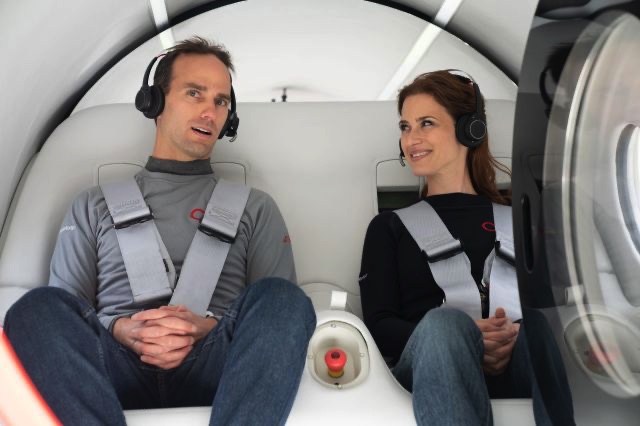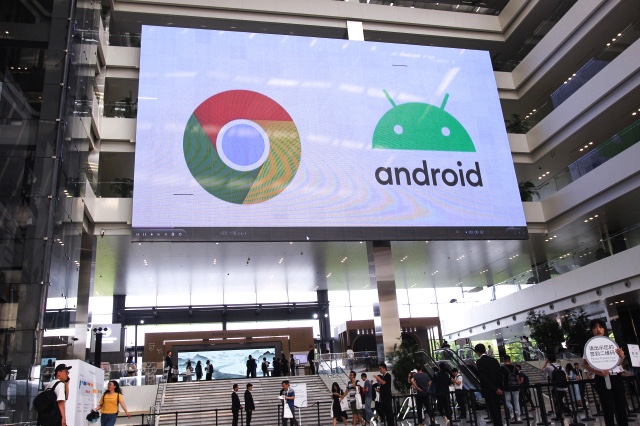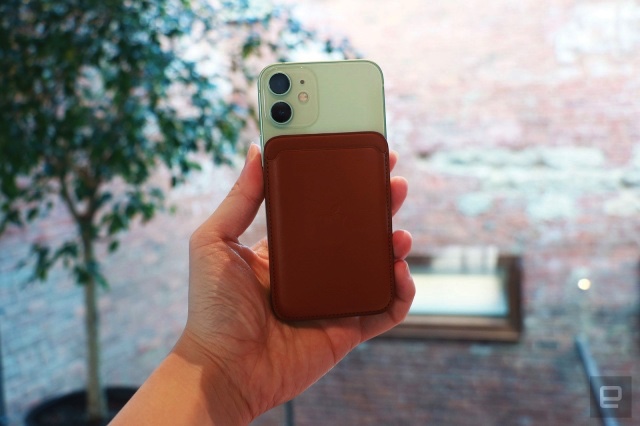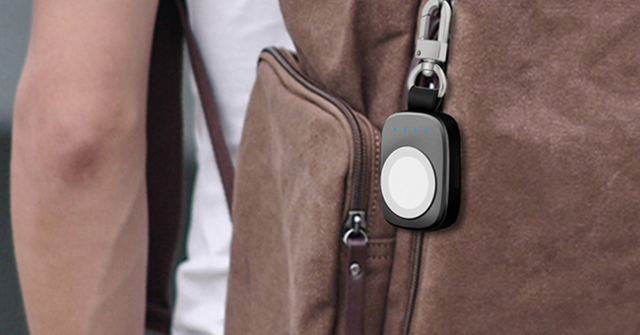| It's Monday, November 09, 2020. As we recover from all the console reviews of last week and some presidential election or other, the tech news starts early this week. Actually, it started Sunday evening as Virgin Hyperloop achieved its first crewed test. At the company's DevLoop facility in Nevada, two passengers were fired through the 500-meter tube. 
To maintain a comfortable experience, the capsule's speed in this test was limited to 107 miles per hour. That's less than half of the pod's top speed in the tube, which maxed out at 240 miles per hour during tests at the end of 2017. This is mostly down to the length of the tube: 500 meters isn't long enough to reach the sort of speeds the company promises to reach. That's next, however: Greater speeds are likely when the second, longer Hyperloop facility is built in West Virginia.
— Mat Smith
It highlights issues with Android update policies.
Certificate authority Let's Encrypt is warning that phones running Android versions before 7.1.1 Nougat won't trust its root certificate starting in 2021, locking them out of many secure websites. It all means that, as things stand, you might have to upgrade your Android phone before long if you want to visit large portions of the secure web. A partial workaround is available by installing Firefox (Mozilla is a partner in Let's Encrypt) and using its own certificate store, but that won't help with rival clients or functionality beyond browsers.
Continue reading. It may have to scale back its lunar ambitions.
Apple's mobile accessory universe expanded considerably with the launch of the iPhone 12 line and MagSafe, and now it's got a glossy way to showcase them all without you having to set foot in-store. MacRumors spotted that Apple has launched a (currently mobile-only) iPhone 12 Studio that lets you 'try' MagSafe accessory combos to see how good they'll look with your preferred phone. The experience is a lot like the Apple Watch Studio, which launched last year. Continue reading. A nasal spray might prevent COVID-19 infectionsIt could make prevention far more accessible.Columbia University researchers have developed a nasal spray that has successfully prevented COVID-19 infections in tests with ferrets as well as a 3D model of human lungs. The lipopeptide (that is, a lipid and peptide combination) prevents the coronavirus from fusing with a target cell's membrane by blocking a key protein from adopting a necessary shape. It should work immediately and last for at least 24 hours. It's also affordable, lasts a long time and doesn't need refrigeration. A spray like this is still some way from reaching the public. There would need to be human clinical trials, not to mention large-scale production to provide enough access. Scientists are planning to "rapidly advance" to further testing, Columbia said.
Continue reading. Sponsored by StackCommerce
Trump will lose his protection against Twitter bans when he leaves officeTwitter's separate standards for politicians will no longer apply.
Twitter instituted its policy of refusing to ban politicians in response to President Trump, but the leader won't enjoy that protection once he's out of office — something true of any elected representative. The social media giant has confirmed that Trump will lose "public interest" safeguard on his personal account once President-elect Joe Biden is sworn in at noon on January 20th, 2021. Official accounts such as @POTUS, @FLOTUS and @WhiteHouse will still receive protection as they'll transfer to the Biden administration.
Continue reading. But wait, there's more...Unreleased Nokia N95 follow-up appears on YouTube FDA clears Apple Watch app that helps treat PTSD-related nightmares A new 'Mass Effect' game is in development alongside a remastered trilogy Xbox Series X review: A 4K beast in need of games PlayStation 5 review: Great 4K gaming with an odd design |
No comments:
Post a Comment